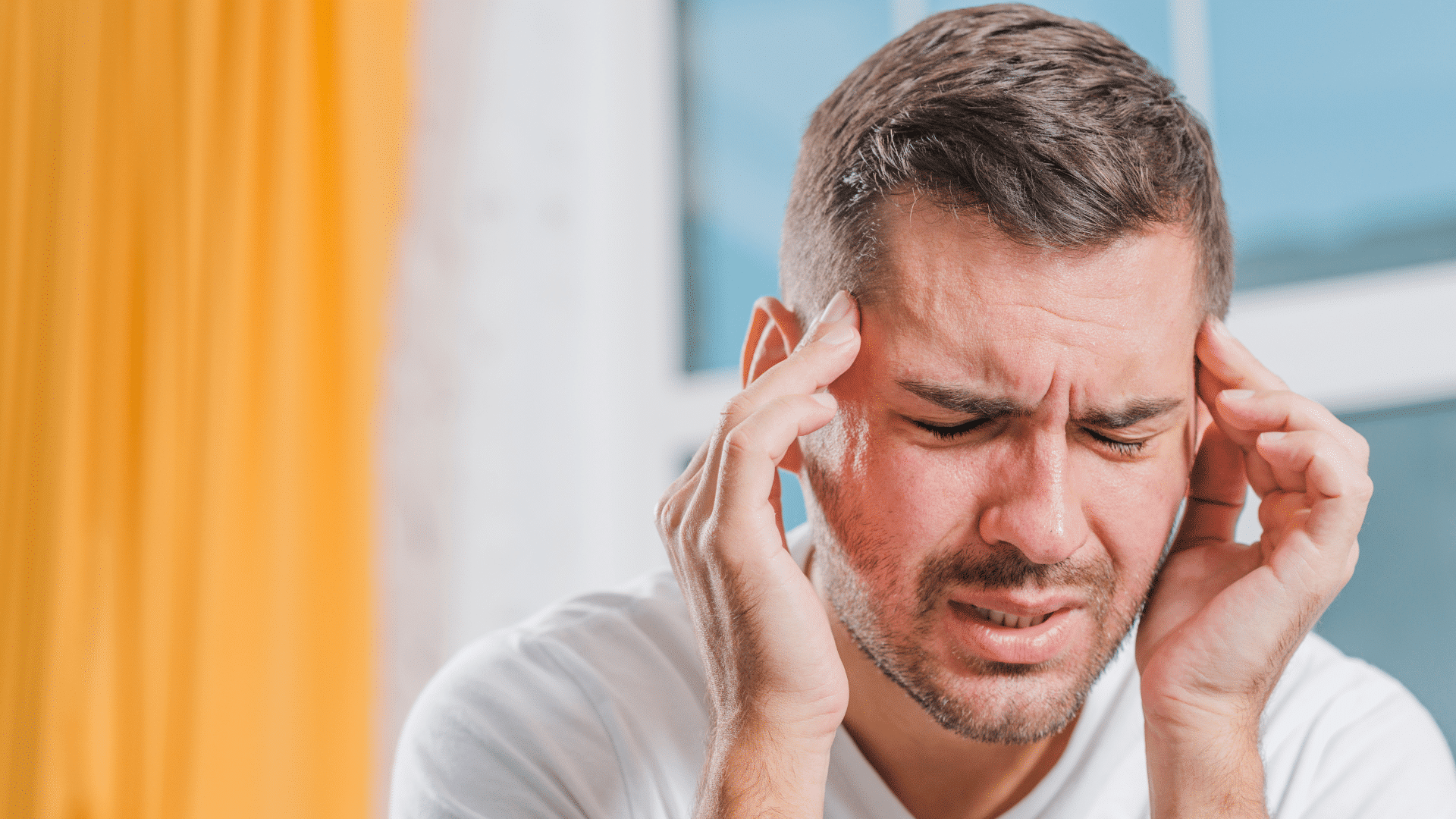
Cannabidiol (CBD) is a substance derived from cannabis and is increasingly popular for its potential medicinal properties. Unlike tetrahydrocannabinol (THC), another substance found in cannabis, CBD does not cause a psychoactive effect or “high.” However, people often wonder if CBD can have side effects, such as headaches. This article addresses this question by exploring current research and anecdotal evidence. Can CBD Give You a Headache?
Current research
It's important to note that research into the effects of CBD is still ongoing and we still have a lot to learn about this substance. However, until now, most studies have not identified headaches as a common side effect of CBD consumption. Indeed, some research suggests that CBD might even help relieve certain types of headaches, like migraines.
A 2016 study published in the journal Pharmacotherapy found that cannabis use could reduce the frequency of migraines in some individuals. However, this study did not distinguish between the specific effects of CBD and THC.
A 2020 systematic review published in the " Journal of Cannabis Research " also found preliminary evidence suggesting that CBD may help relieve chronic pain, including headaches. However, the review authors noted that additional studies are needed to confirm these findings.
Anecdotal testimonies
While scientific research has not clearly identified headaches as a common side effect of CBD consumption, some people anecdotally report experiencing headaches after using CBD. These testimonials are diverse and vary widely, with some attributing the headaches to the quality of the CBD product used, the method of consumption, or a possible individual reaction.
Other factors to consider
It is also possible that headaches associated with CBD use are not caused directly by the CBD itself, but by other factors. For example, some CBD products may contain other ingredients that could cause headaches in some people. Additionally, dehydration is a common side effect of cannabis use and could contribute to headaches.
The method of consuming CBD could also play a role. For example, if you inhale CBD through vaporization or smoke, it could irritate your lungs and throat, which in turn could cause a headache.
Conclusion
In summary, although some people anecdotally report headaches after using CBD, current scientific research has not clearly identified headaches as a common side effect of CBD consumption. On the contrary, some studies even suggest that CBD could help relieve certain types of headaches.
That said, it is important to always consult a healthcare professional before starting to use CBD, especially if you are already taking other medications. Each individual is unique and may react differently to CBD consumption. A healthcare professional will be able to advise you on the safety and effectiveness of CBD in your specific situation.
If you decide to try CBD, make sure you buy high-quality products from trusted sources. Be wary of products that don't provide information about their CBD concentration or other ingredients they contain. Additionally, it may help to start with a low dose of CBD and gradually increase until you find a dose that works for you.
Finally, it is important to remember that CBD is not a silver bullet and is not suitable for everyone. It is essential to continue to research and stay up to date on the latest scientific findings regarding CBD and its potential health effects.
In conclusion, although CBD can cause headaches in some people, these cases seem to be the exception rather than the rule. More research is needed to fully understand how CBD interacts with our bodies and brains, and what its long-term effects are. If you are considering using CBD and are concerned about possible headaches, it is recommended that you consult a healthcare professional for personalized advice.


















